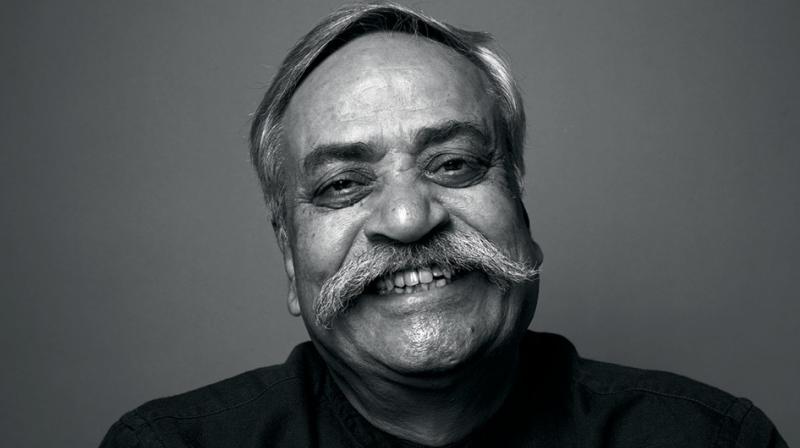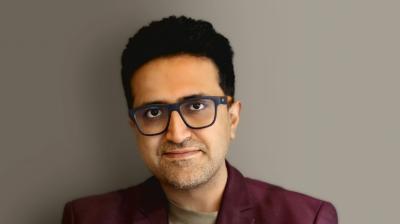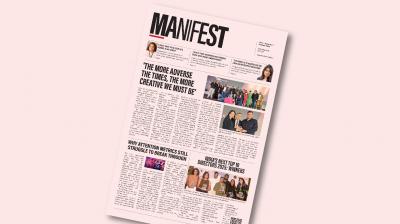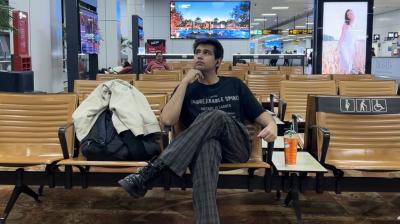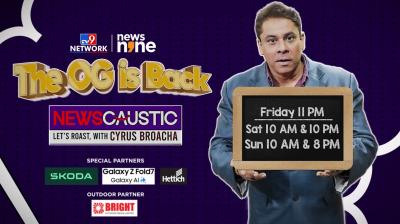I did not discover Piyush Pandey on my own.
He was my brother’s guy.
Back when I barely knew what copywriting was or how the advertising world operated, my brother (also, a copywriter) would reference his ads in daily life. Not in passing, but with the seriousness of someone reciting lessons from an invisible guru. He always had a way to bring him in, even when I was least interested.
He had never met the man, but you would think they shared an office or had some sort of acquaintance.
Open house, lost chance
Years later, while I was at the Jaipur Literature Festival as an attendee, Piyush Pandey was also present to promote his new book Open House.
He was exactly how one would expect: warm, unhurried and with his trademark moustache. He spoke about stories, about honesty, about India with all its insights.
When the session ended, people rushed to get their copies signed. I called my brother.
“Do you want me to get Pandeymonium signed for you?” I asked.
He paused, like he couldn’t believe it. “Obviously.”
But by the time I went to buy the copy, Piyush Pandey was gone.
It hit me harder than I expected. I wanted proof of connection. More for my brother, than for myself. That faint ink trail from legend to beginner.
India, that is, Bharat
The funny thing about teachers is that you often inherit them before you understand them.
I grew up hearing my brother talk about this ad and that campaign that Piyush Sir (That is how he refers to Piyush Pandey even now) had done. But it wasn’t until I entered the world of advertising that I began to see what Piyush Pandey really did.
To say that he made great ads would be belittling his legacy.
He actually made Indian advertising sound like India.
His work had that rare quality where it did not perform Indianness, but lived it. The story in his films and the humour was drawn from life’s unfiltered moments- the kind of conversations and jokes you overhear on trains, in tea stalls or in traffic.
When I finally started watching his work with a copywriter’s eyes, I noticed something else. His ads were clever without being clever-clever. They were simple, but never lazy. And they carried a certain warmth that could make all of us feel that this could be any of us.
That’s rare in a business that now rewards volume over voice. Most of us now write under pressure, measuring impact in likes, clicks and conversions. Pandey’s work felt like it came from somewhere else. Maybe it came from instinct, from heart, from a deep understanding of how people think, speak, and smile.
Advertising today
In his interviews in the last five years, he often sounded both proud and cautious. Proud of how far Indian advertising had come. Cautious about where it was headed.
He worried about the industry’s obsession with virality and celebrity-driven ads. He believed the best ideas come from life, and that we, as an industry, had missed that brief. And he kept reminding younger writers to find the honesty in whatever we wrote.
I am thinking about that as I am writing this. How easy it is to lose that truth in the noise where algorithms have the final say of what works and what does not. When you’re told to optimise more than empathise. Pandey belonged to an era where you had to feel an idea before you sold it. And maybe that’s why his lines still stick.
Even now, whenever I am drafting a campaign, I hear his voice (or maybe my brother’s version of his voice) in my head. That advertising, with all its deadlines and madness, is still a deeply human business. Pandey practised that in whatever he created.
He ensured and instructed us that the best lines are not written to impress, but to connect.
The lasting bit
My brother still keeps his unsigned copy of Pandeymonium on his desk. And I think about how funny it is that we missed our chance to get it signed, and yet, it feels like he left an impression on us that was far greater than that. Maybe that’s what legends do. They leave their signature in the way you think.
Since the news of Piyush Pandey’s demise came, everyone on LinkedIn sounds like my brother.
Reverent, hopeful, and in awe of Piyush Pandey.
Everyone has a story, a memory, a sentence that stayed. People who have worked with him as both colleagues and clients, people who learnt under him, competitors who had to scale their standards to match his charm, and people who have never met him but aspire to live up to his legacy. And as I read through them, I realise they’re all saying the same thing in different ways: that he made advertising feel like something worth believing in.
I don’t know if there is a better way to define legacy.
The author works as copy lead at an advertising agency in Gurugram


